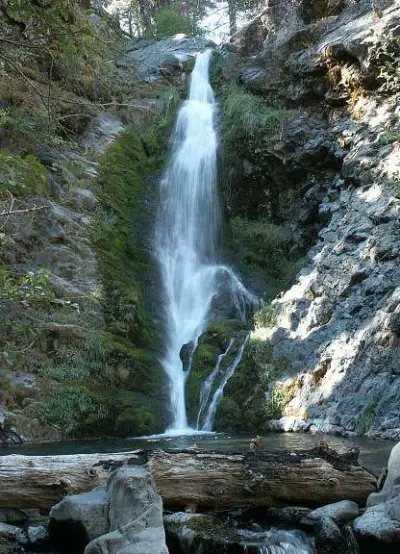
A waterfall in the Snow Mountain Wilderness. Photo courtesy of Victoria Brandon.
After more than five years of dialog, persuasion, and inspired cajolerie, advocates of wilderness protection in northwestern California won a stupendous victory last fall with the passage of the Northern California Coastal Wild Heritage Wilderness Act, more commonly and intimately known as the Wilderness Bill.
This far-reaching measure designates 275,830 acres (roughly 431 square miles) of Rep. Mike Thompson’s Congressional District One as federal wilderness, thus giving these special places the most potent conservation protection available in the United States. Among the areas included are the Cedar Roughs near Lake Berryessa, the King Range, Trinity Alps and Yolla Bollys. Here in Lake County, 51,671 acres located primarily in the vicinity of Cache Creek and Snow Mountain have been given wilderness status.
Although Congressman Thompson’s deft handling and persistence deserve the primary credit for making this landmark legislation a reality, many other individuals also played an important role in the result.
It all started early in 2001, when California environmentalists began working with Sen. Barbara Boxer to identify specific tracts of federally-owned land throughout the state that merited Wilderness designation. If public support was strong enough, she promised to sponsor a California Wild Heritage act to protect these remarkable places.
As it happened, those same months also saw the formation of the Sierra Club Lake Group, which took on Wilderness Bill passage as its number one conservation priority, and began the campaign by asking Congressman Thompson to introduce parallel legislation in the House of Representatives.
The Lake Group wrote letters, met with local stakeholders, and worked hard to allay anxieties about any negative consequences wilderness designation might have for our community. Although the positive energy generated by these efforts was muted in January 2002, when the Lake County Board of Supervisors voted 4-1 – with Supervisor Ed Robey the lone minority voice – to oppose any local extension of federal wilderness, momentum increased again after a tumultuous Town Hall meeting hosted by Congressman Thompson at Konocti Harbor Resort in April 2002.
By midsummer wilderness legislation was moving through both House and Senate, with lobbying efforts shifting to Sen. Dianne Feinstein, whose support was essential to passage.
In the meantime, Thompson, Robey and other advocates were working quietly in the background to win over as many different interest groups as possible. Letters and phone calls directed at all levels of government continued, as did petitions, informational tabling and lobbying trips to Washington. When the Board of Supervisors considered the bill again in April 2005 a show of hands in the packed chamber reflected an overwhelming affirmation for wilderness, and this time the Board voted the same way.
So did the United States Senate – but opposition from (then) House Natural Resources Committee Chair Richard Pombo prevented the bill from coming up for a floor vote in that branch of the legislature.
It was not until the summer of 2006 that Congressman Thompson, by acquiring the support of every county government in his district (the Del Norte Board of Supervisors being the last to concur) and by accommodating the needs of stakeholders ranging from mountain bikers to surf fishermen, managed to obtain Pombo’s grudging cooperation and break through the Resources Committee bottleneck.
At that point ultimate passage was assured even though the formalities required another few months for completion. President Bush signed the Wilderness Bill into law on October 17, 2006.
Many of the details surrounding these events, including a number of pithy anecdotes related to the lobbying effort, were recounted at a celebratory party hosted by Congressman Thompson and the California Wilderness Coalition at the Saintsbury Winery in Napa on Feb. 11.
Lake County environmentalists turned out in force, including Supervisors Ed Robey and Denise Rushing, equestrian Bill Knispel, Lake Group founders Peter Windrem, Steve Devoto, and Nina Marino, all three past and present group chairs, as well as other members of the executive committee, Land Trust and Redwood Audubon leaders, and assorted companions. The speeches were mostly brief and often funny, the hors d’oeuvres tempting, and the wines excellent, but now that the cheering is over it’s time to assess what this legislation means for this region.
First and foremost, more than 50,000 acres of pristine federal land within the borders of Lake County has been protected from roads, from logging, from mining, from off-road vehicles, from intrusive development of any sort – forever.
Wilderness designation affirms that the worth of these places for wildlife habitat, for watershed replenishment, and for providing the transcendent beauty that nourishes the spirit takes precedence over any possibility of monetary exploitation. Human intrusion is by definition guaranteed to be temporary, soft-spoken and soft-footed: hikers and horsemen, canoers and kayakers, hunters and anglers are all welcome within wilderness borders, but not wheeled vehicles or any sort of motorized equipment.
Each designated Wilderness Area is special in its own way. Cache Creek offers particularly outstanding and accessible recreational opportunities to county residents and visitors. It is a land of deep canyons and steep ridges graced with oak woodlands, grasslands, chaparral, streamside forest, groves of gray pine, and other important low elevation habitats, with a chaparral ecosystem so pristine that according to the BLM, "There are no other stands of this size that are largely free of man's influence."
The region hosts the second-largest wintering bald eagle population in California, a large herd of tule elk, black bear, beaver, river otter, bobcat, mountain lion, prairie falcons and golden eagles, as well as a profuse display of spring wildflowers, a unique assemblage of rare plants, and nationally significant Native American cultural sites. Wilderness designation also accentuates the special status given to Cache Creek when it was named a State Wild and Scenic River in 2005.
Snow Mountain, which straddles the summit of both the Sacramento and Eel River watersheds, is skirted by deep canyons which compress ecological life zones to create a unique biological sky-island providing habitat to 122 species of wildlife, including confirmed populations of marten, goshawk and northern spotted owl. Areas newly added to the existing Snow Mountain Wilderness include 10 miles of the spectacular Eel River canyon along with ancient forests of Douglas fir, ponderosa pine and incense cedar.
Areas of special value outside Lake County but still well within visiting range include the Cedar Roughs wilderness in Napa County west of Lake Berryessa, which shelters the world’s largest grove of the rare Sargent cypress, and the King Range on the Lost Coast, which is the longest stretch of undeveloped coastline in the contiguous United States.
The ecological effects of Wilderness designation also reverberate beyond the borders of the protected areas themselves. Provision of a nucleus of sacrosanct habitat allows many species of animals to establish healthy populations on wider ranges throughout surrounding swathes of public land and sometimes on private land too, where access restrictions are less stringent and may not exist at all.
In many of these locations on the margins of wilderness ecotourism facilities can be provided without impinging on the unsullied natural heritage of the wilderness areas themselves. Moreover, the presence of so much wild land of such high quality helps to establish Lake County’s image as a green refuge, a place to find values that have become rare and precious in this asphalt world.
The Wilderness Bill is now the law of the land, but that doesn’t mean that our work is over. Implementation measures include changing maps and posting signs, and sweatier restoration tasks such as demolishing old fence lines and controlling invasive alien plants – work that will provide many rewarding opportunities for volunteers to play a meaningful role in managing and preserving the wild places that we cherish.
While rejoicing in our victory here in Congressional District One, we should not forget that many equally precious gems remain at risk elsewhere in California.
The sweeping California Wild Heritage Act that Senator Barbara Boxer first proposed in 2002 and reintroduced a just a few weeks ago would grant Wilderness status to more than 2.4 million acres of public lands, and give federal Wild and Scenic protection to more than 400 miles of free-flowing rivers – an incredible legacy for future generations of Californians, and for the richly diverse plant and animal life of our state. Helping to make this dream a reality is a worthy objective for the next five years.
Victoria Brandon is chair of the Sierra Club Lake Group. She lives in Lower Lake.
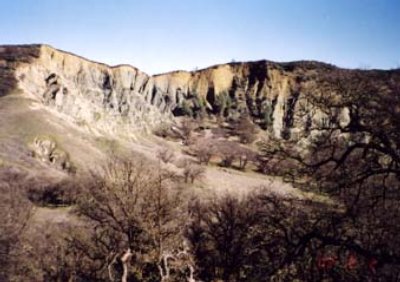
A view of the Cache Creek Wilderness. Photo courtesy of Victoria Brandon.
{mos_sb_discuss:4}
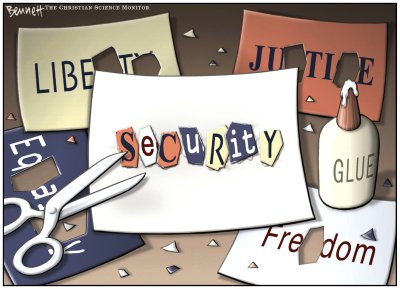

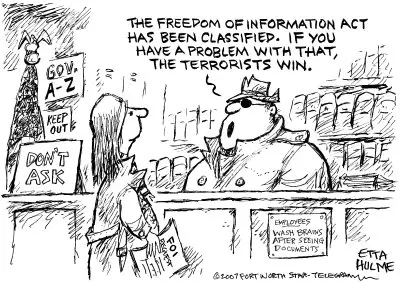

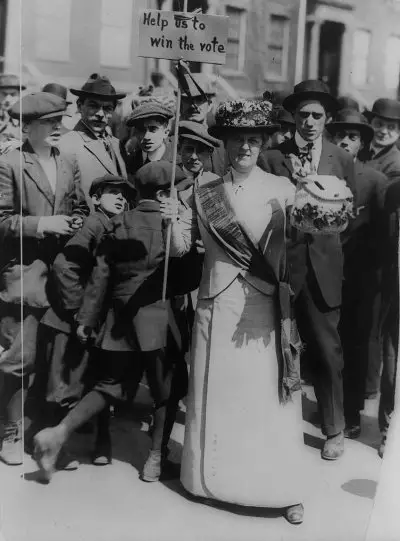


 How to resolve AdBlock issue?
How to resolve AdBlock issue? 




